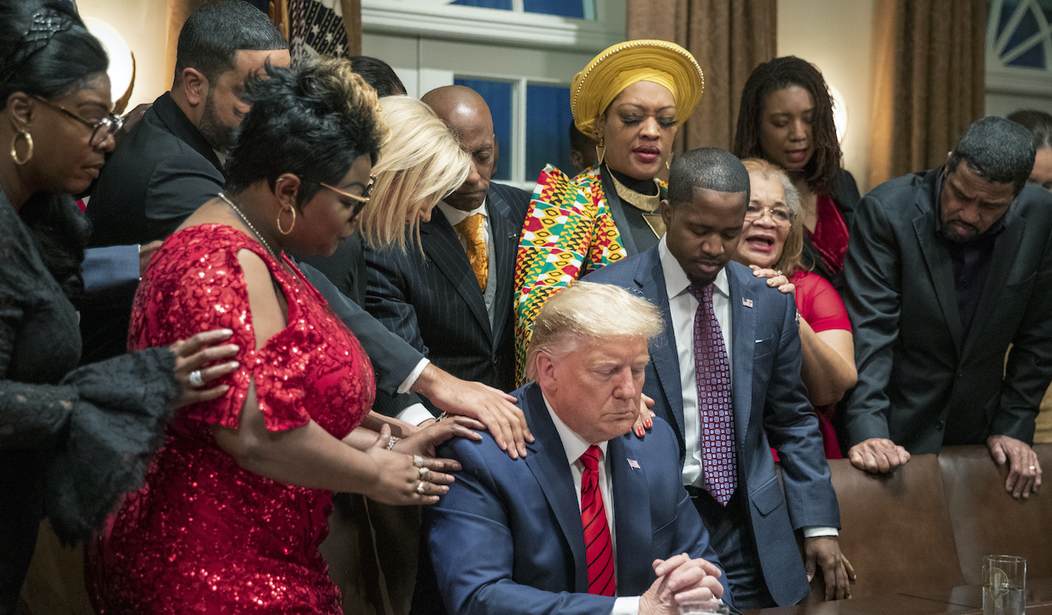It has been thirty years since the Christian Coalition, founded in 1989 by Pat Robertson and led for a time by Ralph Reed, reached its peak. At its height in 1994, the organization had tremendous sway over the Republican Party, mobilizing evangelicals to help secure Republican control of both chambers of Congress for the first time in 40 years. Their success, propelled by Newt Gingrich's "Contract for America," demonstrated the power of committed voters.
The Christian Coalition's strategy was simple: build a strong, loyal voting bloc whose unwavering support for candidates who aligned with their values became essential to electoral success. Candidates recognized that backing their issues provided a reliable pathway to victory.
Fast forward to today, and social conservatives who care about minimizing abortion, combating gender ideology, and promoting religious liberty find themselves sidelined by the Republican Party. Their key issues have been erased from the national platform, and their candidates have softened once-firm positions.
I recently addressed a group of Christian voters in Alexandria, Minnesota, discussing the church's need to re-engage in public discourse. Afterward, one man expressed frustration over the party's shift, wondering why Christians should support Republicans who no longer prioritize their concerns. He suggested withholding votes from Donald Trump or other Republicans to force change.
I believe this response is misguided. But before I explain why, we must understand how we arrived at this point since 1994.
If you haven't read Megan Basham's book Shepherds for Sale, I highly recommend it. Basham details how leftist forces have infiltrated the church, steering believers toward their agenda. Over time, this has been coupled with a harmful narrative within conservative Christianity: that Christians shouldn't focus on politics.
You've likely heard both messages. The first encourages Christians to focus on “preaching the Gospel” without engaging the world around them. The second insists that “loving thy neighbor” means embracing secular ideals like diversity, equity, and inclusion. Even in churches where this isn't preached outright, you may notice a tendency toward pious detachment.
This detachment, which may appear to be rooted in biblical principles, has no real impact on the world. A pastor may spend weeks on a sermon series about salvation— an important topic, to be sure — but if that's all the church ever focuses on, it fails to address the pressing issues of our time.
It’s akin to a fire department receiving a 911 call and responding, “We’d love to help, but we’re in the middle of a training session on fire science.” Theological navel-gazing may be one of the greatest threats to the modern Christian life. We need to be ready to confront the cultural "fires" around us, rather than retreating into constant study.
Polls show the consequences of this disengagement. Significant numbers of Protestants (37%) and Catholics (47%) plan to vote for candidates like Kamala Harris and Tim Walz, who support policies that threaten Christian values, such as expanded abortion access and the promotion of gender ideology. Why? Because their spiritual leaders are either absent or complicit in this drift.
At the root of this problem is the idea that Christians shouldn’t engage in politics, even as the Left aggressively organizes to do so. As Basham highlights, the Left has no qualms about politicizing the church, while conservative Christians retreat.
Yet, Scripture is filled with examples of believers engaging in political battles. Elijah confronted King Ahab and Queen Jezebel over their idolatry. Nathan held King David accountable for his moral and political failures. Isaiah advised King Hezekiah on foreign policy. The Bible is rife with examples of prophets and leaders engaging in the political affairs of their time.
So how can Christians reclaim their influence?
The answer is not to follow the advice of the frustrated believer I spoke to. Threatening to withhold votes won’t change the Republican Party’s direction. In fact, the gradual decline in the size and commitment of the Christian coalition is precisely why social conservatives feel "betrayed" today.
Consider the Democratic Party’s "uncommitted" voters, who withhold their support to push the party toward more extreme positions. This strategy hasn’t worked. Kamala Harris hasn’t adopted pro-Hamas positions despite pressure from the far-left. Instead, she’s pivoted to the right, focusing on tougher immigration policies and supporting American industry—ironically borrowing from Donald Trump’s playbook.
Why? Because politics follows the path of least resistance. If a group lacks the numbers or commitment to force change, they’re simply ignored.
The same holds true for socially conservative Christians. The Republican Party shifted away from these issues because social conservatives no longer represent a reliable, sizable voting bloc. If they withhold their votes, the party will look elsewhere for support, just as the Democrats have done.
So, what’s the solution?
It’s twofold. First, Christians must reassert their influence within the church. That means holding clergy accountable for preaching practical sermons that equip believers to live out the Great Commission. Discipleship isn’t just about Bible study — it’s about being a force for good in every sphere of influence God has placed us in.
Second, Christians need to re-engage politically. This means registering to vote and supporting candidates who best represent their values, even if those candidates aren’t perfect. It also means staying involved at every stage of the electoral process, from primaries to general elections. This is how we demonstrate our influence and show the party that we can mobilize voters.
We should learn from the failure of the Democrats' "uncommitted" strategy. If Christians refuse to participate in the process, they will be written off. But by staying engaged, we can rebuild our influence in the real world of American politics.








